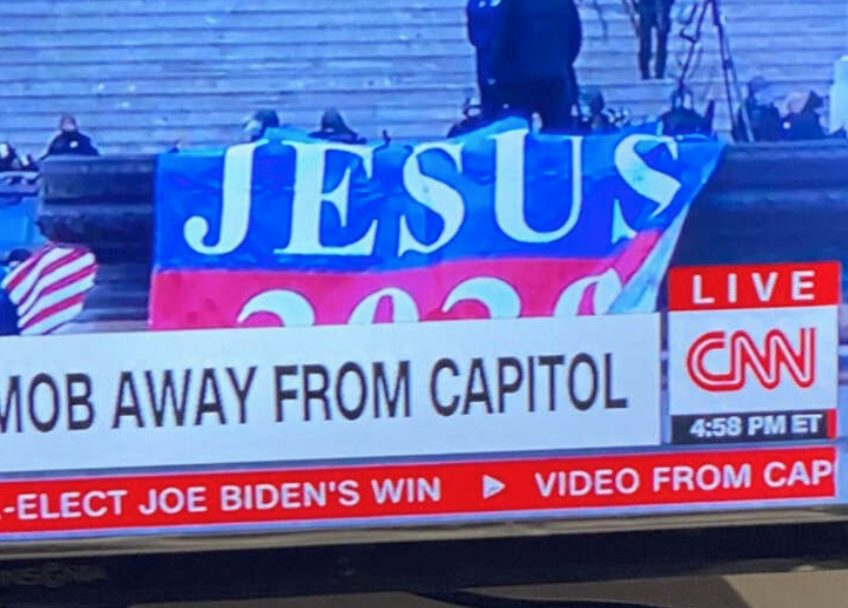Before we return to the never-ending saga of Speaker of the House Mike Johnson and his efforts to create a totalitarian theocracy that destroys democracy in America, let’s pause for a Journalism 101 case study.
Don’t worry, this is directly related to this week’s “Crossroads” podcast (CLICK HERE to tune that in).
Now, gentle readers, are any of you old enough to remember Marabel Morgan, the evangelical superstar who wrote “The Total Woman,” which sold something like 10 million copies? Morgan was an anti-feminist crusader clothed in pink (as opposed to something else) who had a knack for infuriating blue-zipcode elites. Here is a quick flashback, via the Faith Profiles website:
An editor at Time magazine once confided in Marabel Morgan that he came away from a cocktail party with high-heel marks all over his chest at the mere mention of her name.
And what heinous crime did Morgan commit that could provoke such a sharp reaction? Morgan wrote a book in the early 1970s that sold more than 5 million copies about how she salvaged her marriage. The widespread belief was that she proposed that women rekindle their marriages by such innovations as greeting their husbands at the door dressed in Saran Wrap or having sex under the dining room table.
Whee!
During my early 1980s religion-beat work at The Charlotte News, I ventured out to a suburban megachurch where Morgan spoke to several thousand fans. I left that meeting absolutely furious, my mind packed with outrageous punchline quotes from her (I had to admit entertaining) speech.
Driving back to the newsroom on deadline, I started figuring out what would be in the crucial first two or three paragraphs of the story. Then I realized that, if I followed my own prejudices, I was going to frontload this story with stuff that would fire up my editors and others who detested Morgan and her tribe.
Thus, I decided to attempt a story that opened with material that included (a) what Morgan said that I knew would appeal to her critics and (b) what she said that drew cheers and applause from her supporters.










